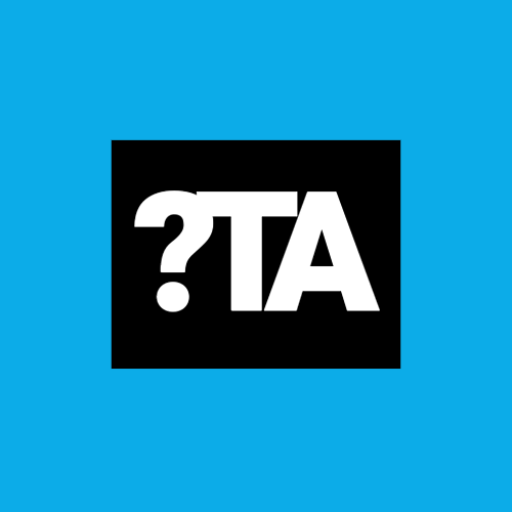Introduction
Running a travel agency involves many moving parts, from booking trips to managing client expectations. However, with these responsibilities come risks. From client disputes to trip cancellations, travel agencies are vulnerable to a variety of issues. That’s where insurance comes in. This comprehensive guide will explain everything you need to know about travel agency insurance and how it protects your business.
1. Why Do Travel Agencies Need Insurance?
Travel agencies are often the middlemen between clients and travel providers, which can expose them to legal and financial risks. Insurance helps cover potential losses and legal fees if things go wrong.
Common Risks for Travel Agencies:
- Trip cancellations that result in client dissatisfaction or lawsuits.
- Supplier failures where airlines, hotels, or cruise lines may go out of business, affecting client bookings.
- Errors or omissions in booking details that lead to financial loss or legal claims from clients.
- Client injuries or emergencies during a trip where the agency may be held liable.
Without proper coverage, these scenarios could financially cripple a business.
2. Types of Insurance for Travel Agencies
There are several types of insurance policies that protect travel agencies. It’s important to understand each to know which suits your business needs.
a. General Liability Insurance
This policy covers bodily injury, property damage, or personal injury claims. For example, if a client slips and falls while visiting your office, general liability insurance can cover the medical expenses and potential legal costs.
b. Errors and Omissions (E&O) Insurance
Also known as professional liability insurance, E&O insurance protects your business from claims of negligence, mistakes, or failure to deliver promised services. If you accidentally book the wrong dates for a client’s trip, E&O insurance can cover any legal costs and compensations.
Why It’s Important:
Errors and omissions are common in the travel industry, and even a small mistake can lead to costly legal battles.
c. Business Interruption Insurance
This insurance helps if your business operations are halted due to an unexpected event like a natural disaster or a fire. It covers lost income during the time your agency is unable to operate.
d. Cyber Liability Insurance
As most bookings are done online, travel agencies often handle sensitive client data, including credit card information. Cyber liability insurance protects your business in case of a data breach or cyber-attack, covering legal fees, notification costs, and potential client compensation.
e. Commercial Property Insurance
This covers your office space and equipment, including computers, furniture, and other business property, against damage from incidents like fire, theft, or vandalism.
f. Workers’ Compensation Insurance
If you have employees, workers’ compensation insurance is usually mandatory. It helps cover medical bills and lost wages if one of your employees gets hurt while working.
3. How to Choose the Right Insurance Policy for Your Travel Agency
Choosing the right insurance depends on the size, location, and services your agency offers. Here are some helpful pointers to steer you in the right direction:
a. Assess Your Risks
Start by analyzing your business operations and identifying potential risks. For instance, if your agency specializes in high-end travel, you may need more coverage for supplier insolvencies or cancellations. If your agency operates mostly online, cyber liability insurance is a must.
b. Consult with an Insurance Broker
An insurance broker can help you tailor a package that meets your specific needs. Brokers can assess the unique risks associated with your business and recommend the appropriate coverage.
c. Compare Multiple Providers
Different insurance companies offer different levels of coverage and premiums. Always get quotes from multiple providers, and review the terms carefully to ensure you’re getting adequate coverage without overpaying.
d. Look for Industry-Specific Policies
Some insurance providers offer policies specifically designed for travel agencies. These policies typically combine several types of coverage into one package, which could save you money and provide more comprehensive protection.
4. Common Mistakes Travel Agencies Make with Insurance
Even with insurance, there are common mistakes that can leave your agency vulnerable. Avoid these pitfalls:
- Underinsuring Your Business: Trying to save on premiums by opting for minimal coverage can backfire. Make sure your coverage is sufficient for the scale and nature of your business.
- Not Updating Policies Regularly: As your business grows, your insurance needs will change. Always update your coverage to reflect new services, higher client volume, or additional employees.
- Assuming You’re Covered by Suppliers: Some agencies mistakenly think that travel suppliers’ insurance will cover them. However, your agency needs its own policies to protect against client claims and legal liabilities.
5. How Much Does Travel Agency Insurance Cost?
The cost of insurance for travel agencies can vary widely depending on the size of the agency, the types of coverage selected, and the specific risks associated with the business.
Factors Influencing Insurance Costs:
- Size of your agency (number of employees, office size)
- Annual revenue
- Types of services offered
- Location (certain regions may have higher insurance premiums)
On average, small travel agencies can expect to pay between $500 to $2,000 annually for a basic insurance package. However, specialized coverage like cyber liability or higher E&O limits can increase the cost.
Tip: Regularly review your insurance policies to ensure you’re getting the best value. Sometimes bundling policies or negotiating premiums can help reduce costs.
6. Top Insurance Providers for Travel Agencies
Finding the right provider is just as important as selecting the right coverage. Some top-rated insurance companies offering coverage tailored to travel agencies include:
These companies provide industry-specific policies that cater to the unique risks travel agencies face.
Conclusion
Having the right insurance is crucial to the success and longevity of your travel agency. By understanding the different types of coverage available and taking the time to assess your business’s unique risks, you can ensure that your agency is fully protected from unexpected incidents. Whether you’re just starting out or looking to expand your services, travel agency insurance is an investment in your business’s future.


